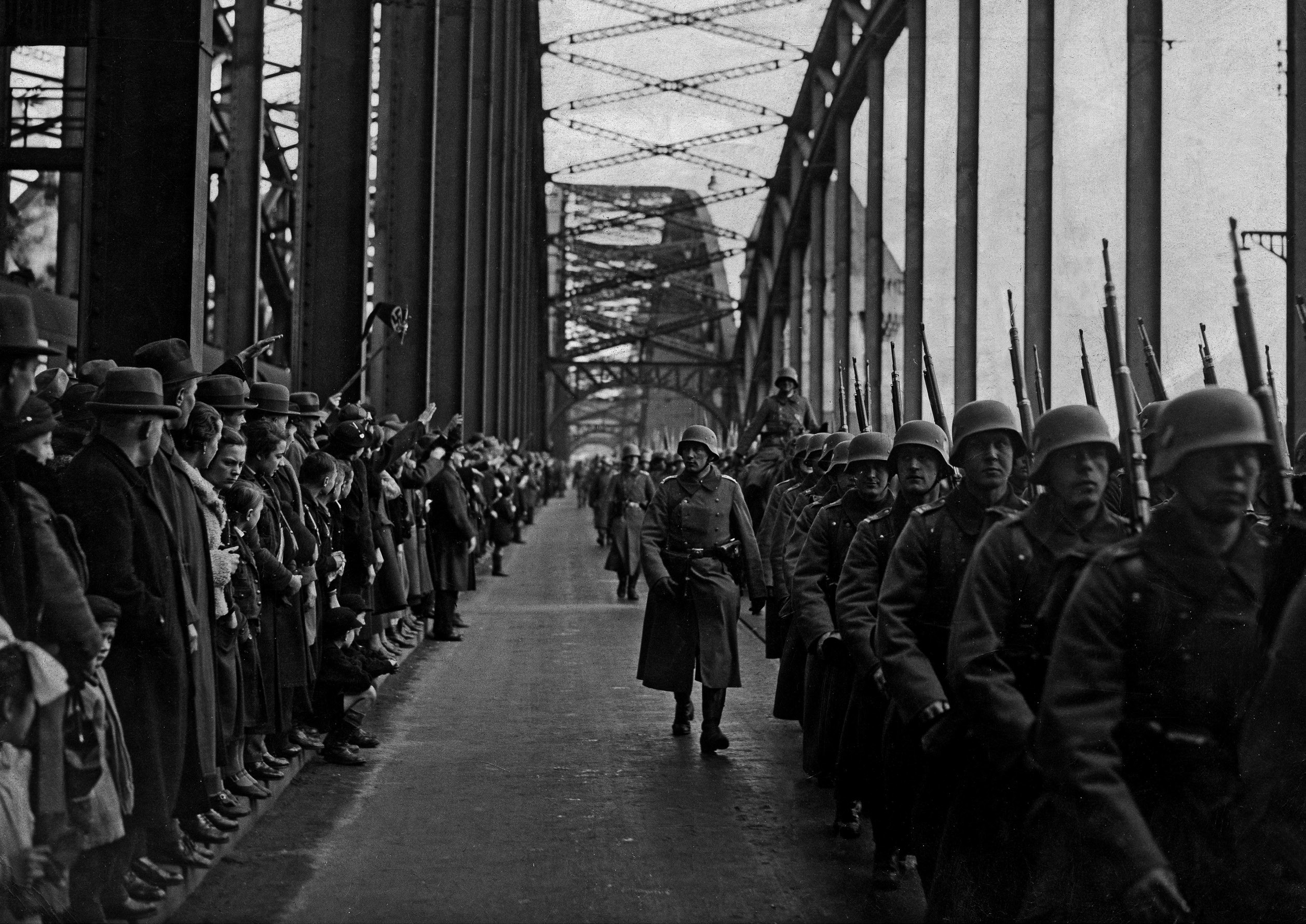
Decisions made about the Rhineland during the interwar period (1918–39) were emblematic of Germany’s changing position and status within the wider world. While France’s attitudes towards the Rhineland in the immediate aftermath of the First World War highlighted its initial desire to punish Germany, the concessions made against the region in the late 1920s revealed the improving diplomatic situation in Europe.
Britain and France’s relative laissez-faire attitude towards the region by the mid-1930s emphasised their aim to appease Nazi Germany, ultimately at the cost of European peace. Focusing on the events that took place in the Rhineland in the early twentieth century offers historians a case study through which to explore the volatile nature of relations between countries in Europe during this tumultuous period in history.
Your organisation does not have access to this article.
Sign up today to give your students the edge they need to achieve their best grades with subject expertise
Subscribe




